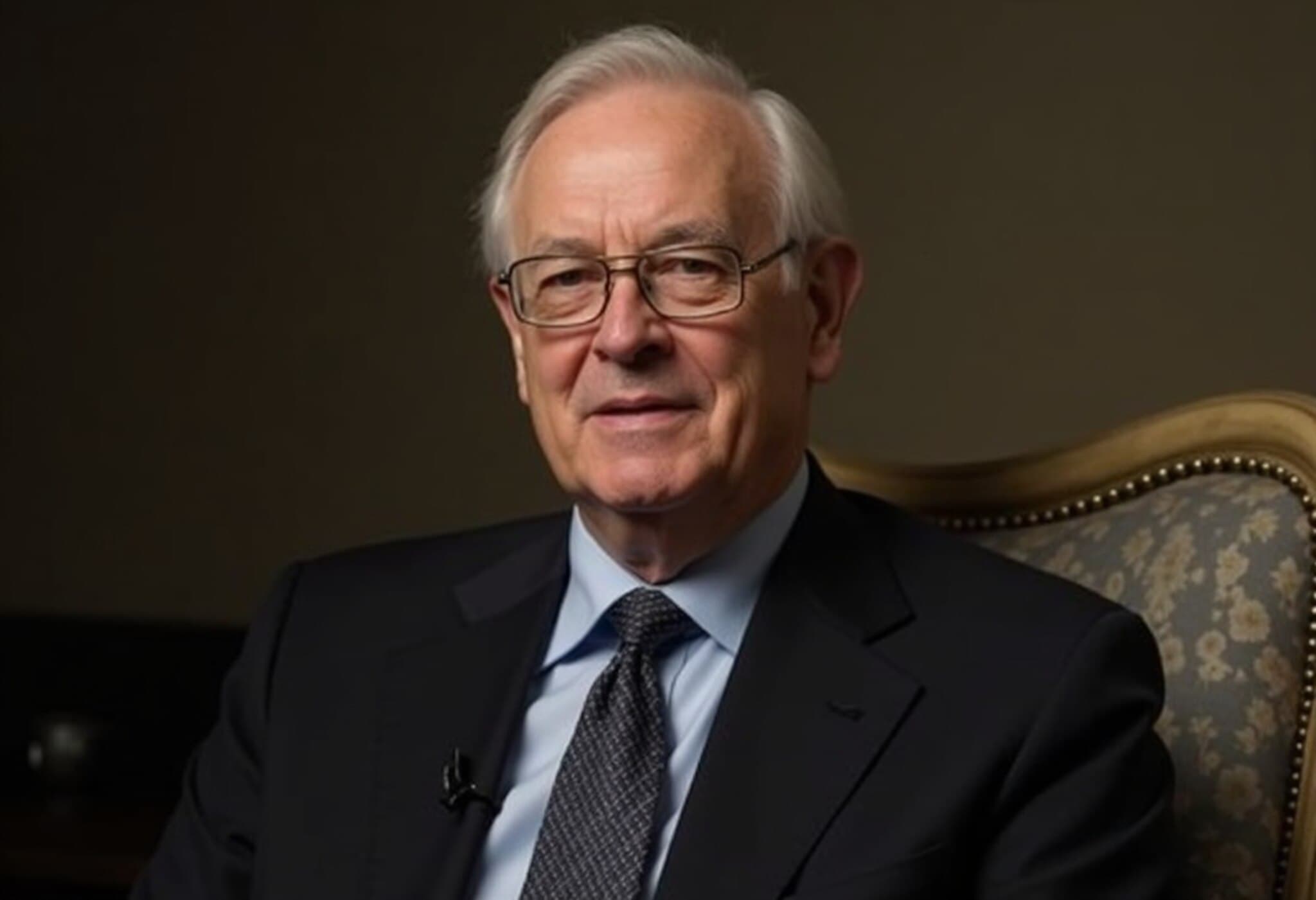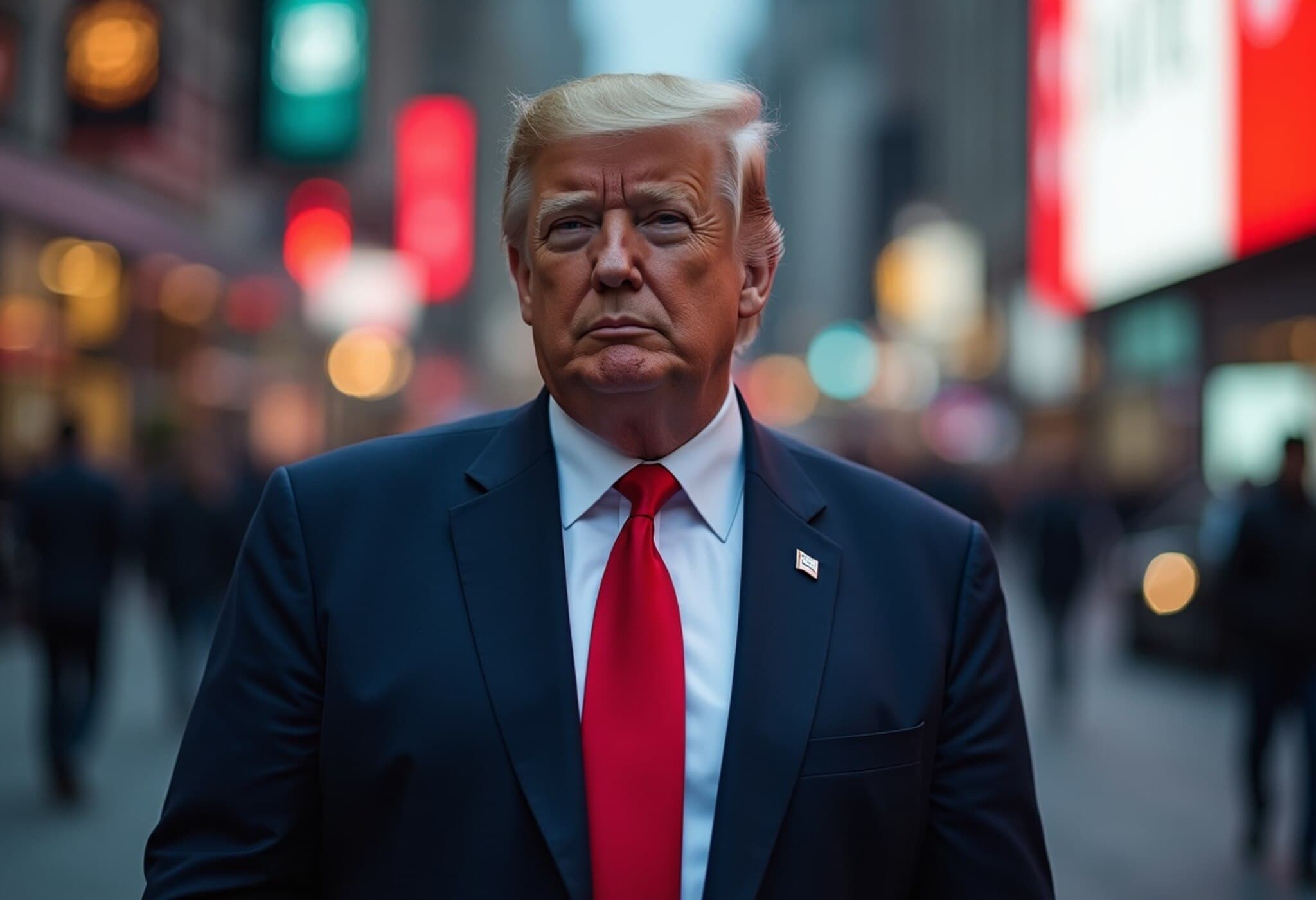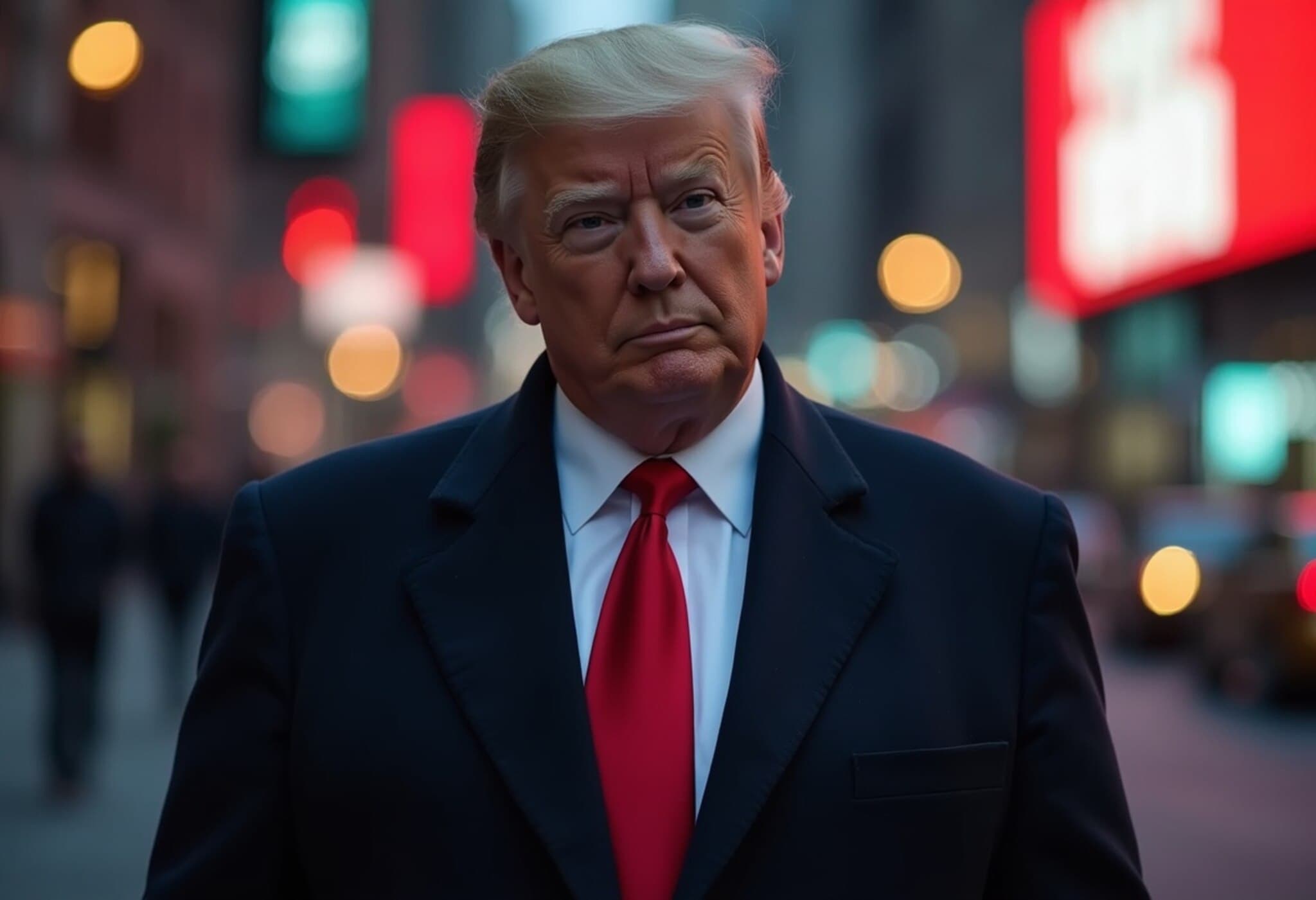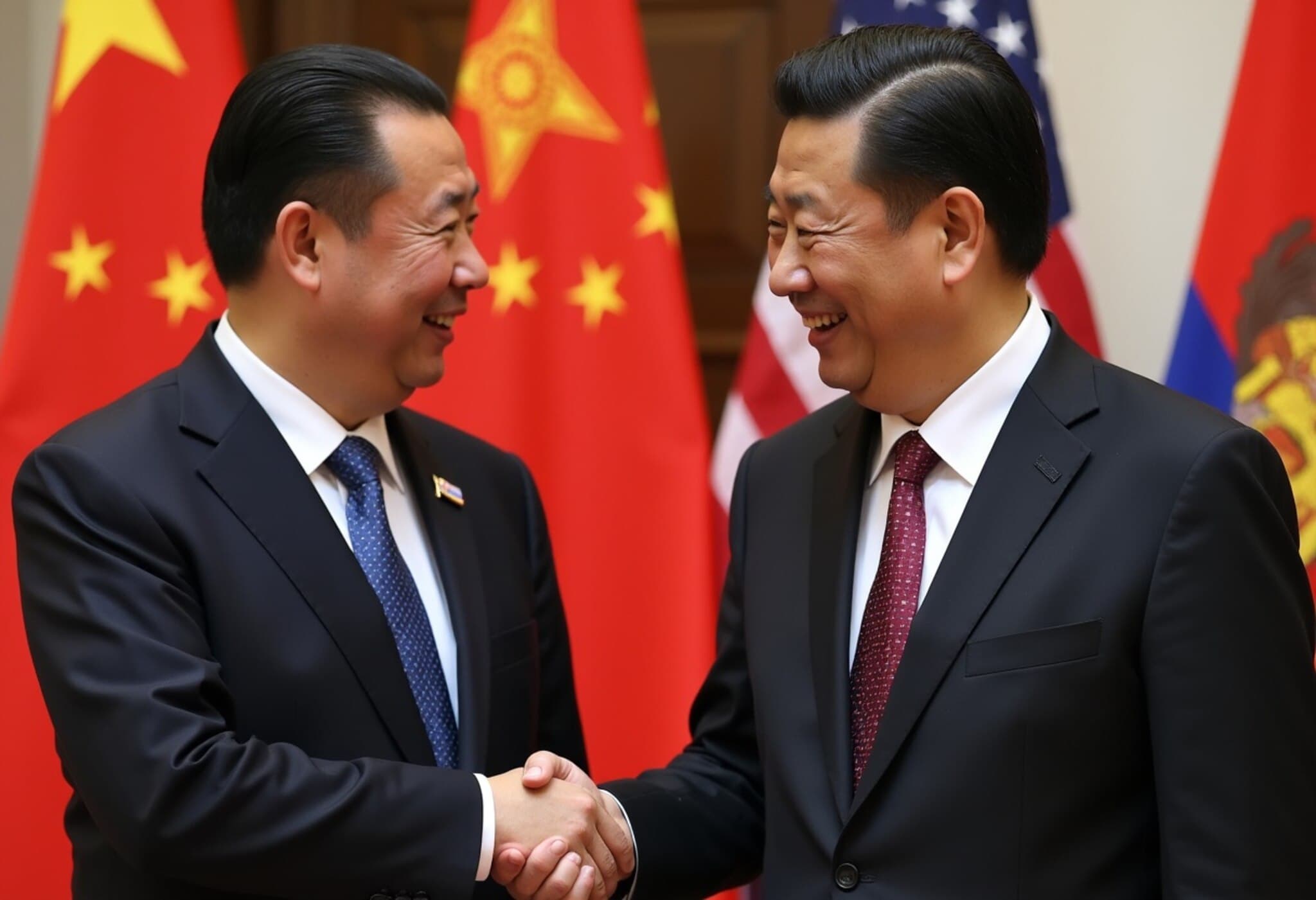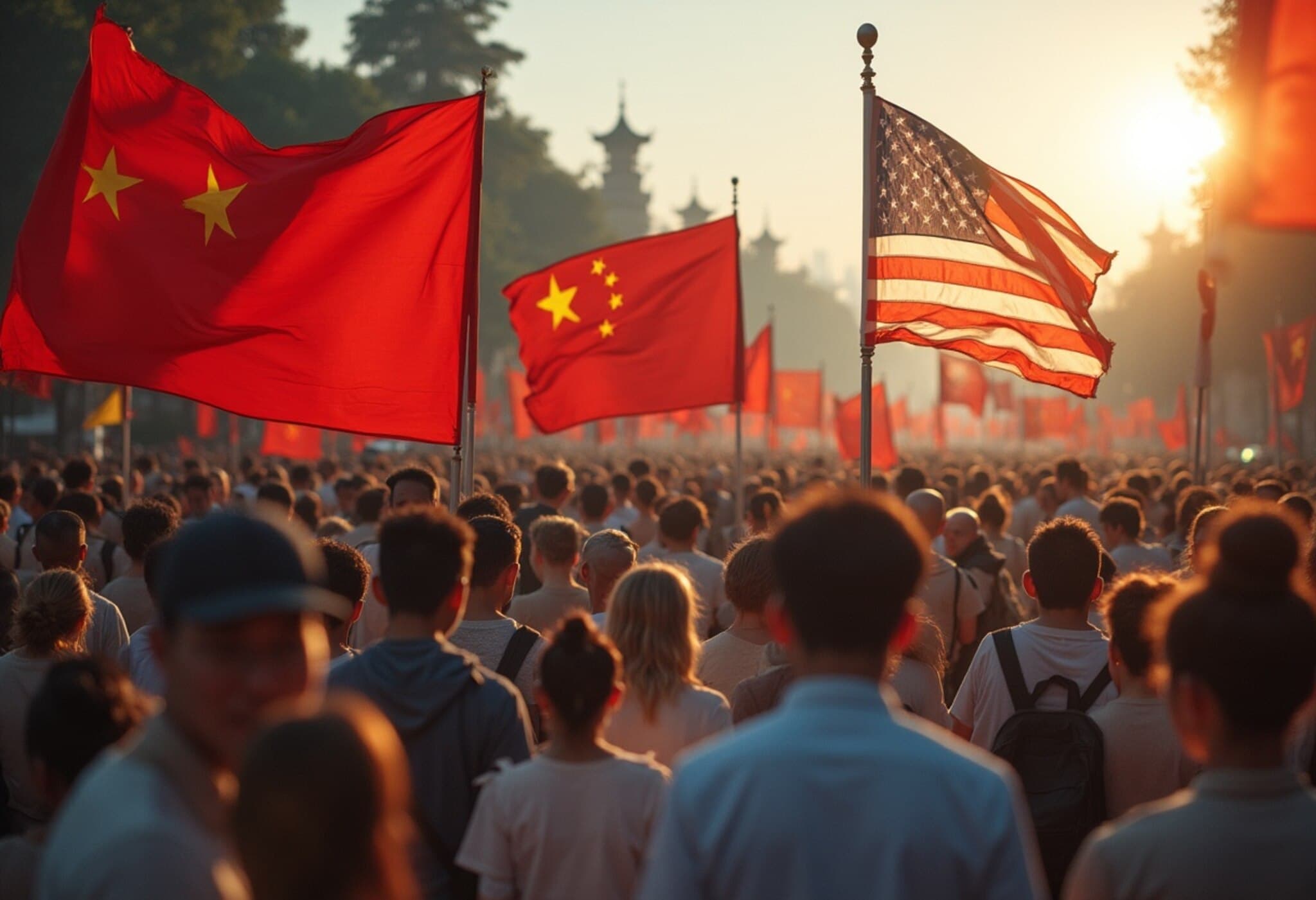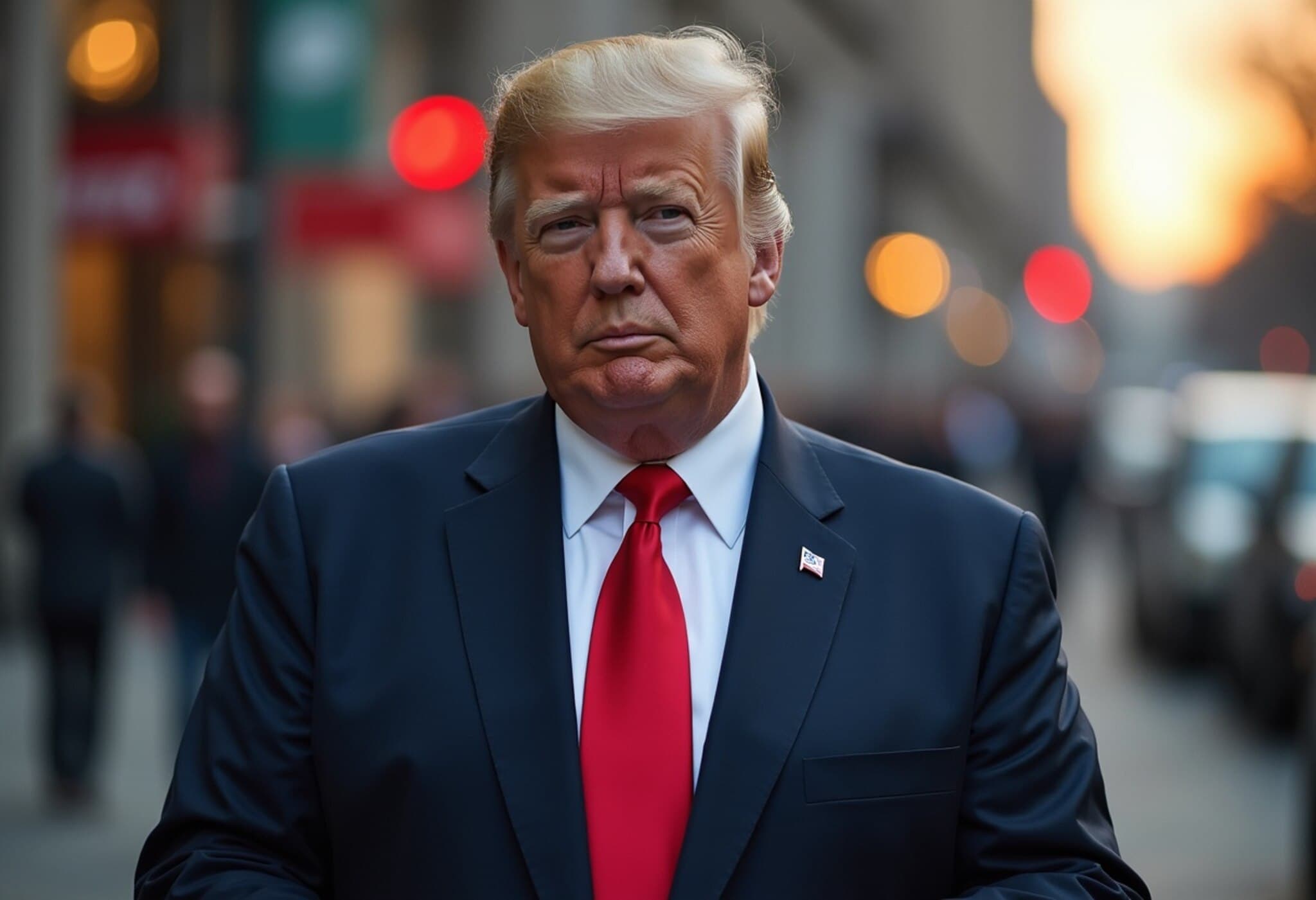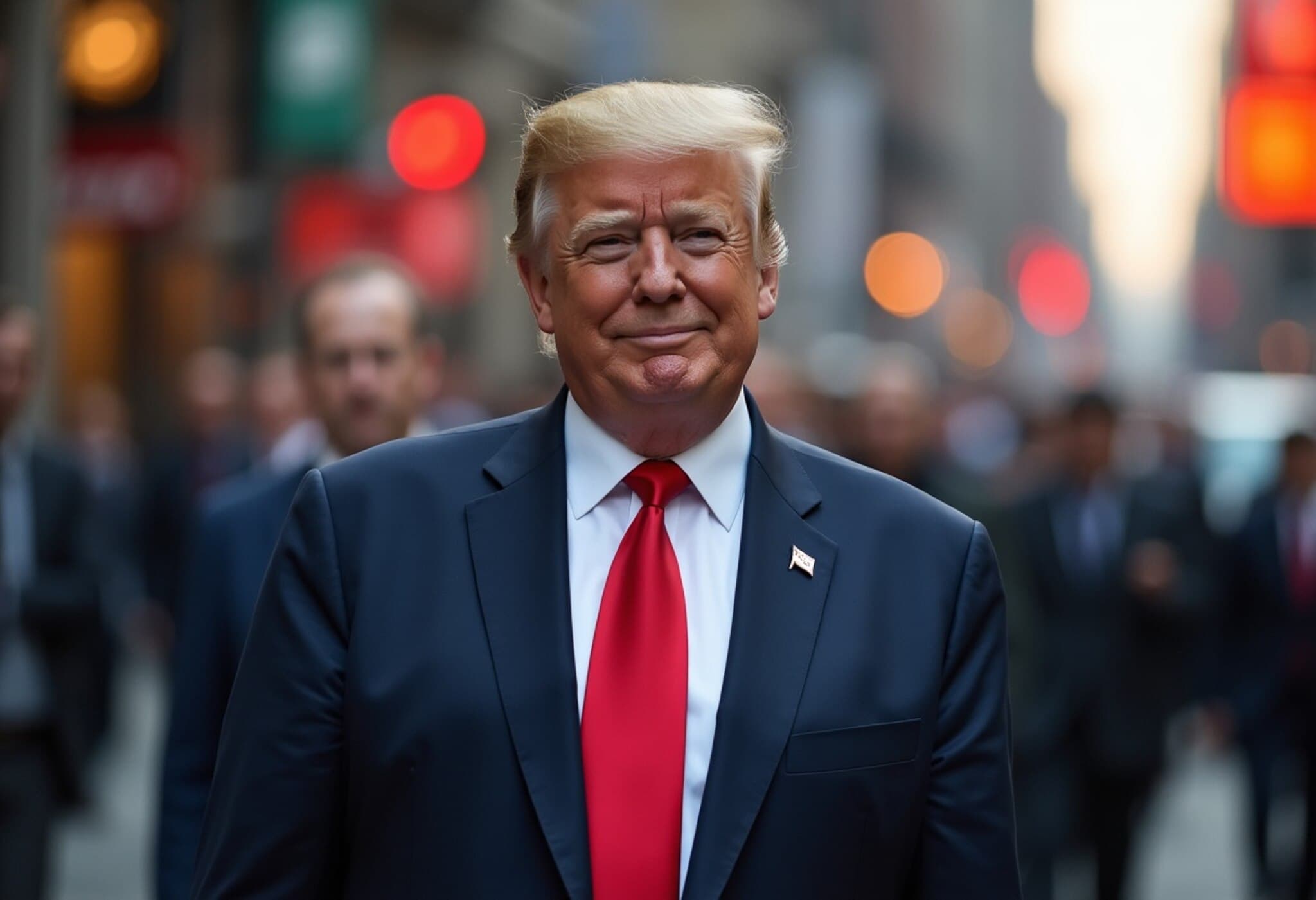BlackRock Enforces Stricter Device Policies for Employees Traveling to China
In a decisive response to escalating geopolitical strains between the United States and China, BlackRock, the world’s largest asset manager, has introduced stringent new rules governing the use of company-issued technology by its employees visiting China. Effective July 16, the firm is mandating that employees travelling for business in China rely solely on temporary loaner phones, explicitly banning the use of BlackRock-issued iPhones, iPads, laptops, and even blocking remote virtual private network (VPN) access.
Policy Details Reflect Deepening Corporate Caution
According to internal communications obtained by Bloomberg and Reuters, the updated policy aims to reduce risks around data protection and potential unauthorized surveillance that many Western firms fear amid China’s increasingly restrictive cybersecurity environment. Notably, workers on personal travel to the country will lose access to BlackRock’s corporate network entirely while within Chinese territory.
This development is emblematic of a wider pattern among global corporations, particularly financial institutions, grappling with how to maintain operational integrity without compromising intellectual property or sensitive client data.
Context: A Tangled Web of US-China Business and Security Concerns
The timing of BlackRock’s restrictions is hardly coincidental. Growing US-China tensions have heightened anxieties around business travel and data security. Recent incidents where Western executives have been detained or had their departures delayed in China have amplified corporate fears.
- Last week, Wells Fargo paused all employee travel to China after Chenyue Mao, a senior trade finance banker, was blocked from leaving in what Chinese authorities labeled a criminal matter.
- Earlier, a US Patent and Trademark Office employee was stopped from departing during a personal visit, signaling that even non-commercial travelers are not immune to these complications.
- Reports also confirm a US Commerce Department official remains stranded in China for months due to unclear legal entanglements.
Such high-profile cases underscore the unpredictable legal and political landscape businesses face in China, fueling tighter controls at firms like BlackRock.
Data Security Challenges for Asset Managers in China’s Regulatory Environment
China’s 2021 data security law marked a turning point, compelling multinational financial institutions to rethink their data retention and handling strategies. Many have invested heavily in onshore data centers to comply with local rules mandating data localization, despite the operational complexity this adds.
BlackRock is far from a newcomer in China. The firm operates a wholly owned mutual fund company and a wealth management joint venture with China Construction Bank Corp. Yet, these new travel and device restrictions highlight the persistent friction between maintaining global business practices and adhering to stringent Chinese regulations.
Expert Perspective: Navigating the Crossroads of Commerce and Security
Dr. Helen Tang, a specialist in international financial regulations, notes, “Companies like BlackRock are caught between ensuring seamless global operations and protecting themselves against potential cybersecurity vulnerabilities amplified by geopolitical mistrust. This is a natural, though costly, evolution in multinational enterprise risk management.”
What This Means for the Future of US-China Financial Engagement
The BlackRock policy serves as a bellwether for other major firms potentially adopting similar measures as US-China relations remain fraught. It raises the enduring question: How can companies foster business cooperation with China while safeguarding data, abiding by complex laws, and managing political risks?
With escalating scrutiny on digital and physical asset security, firms may increasingly segregate data flows and impose restrictive travel protocols, fundamentally reshaping international corporate diplomacy and trade engagement.
Summary
- BlackRock restricts employee device use in China.
- Policy aims to minimize data security risks amid rising US-China tensions.
- Reflects broader corporate unease after Western executives were detained or travel-restricted in China.
- Highlights challenges posed by China’s data localization laws and regulatory pressures.
Editor’s Note
BlackRock’s latest move is not just a corporate policy update—it points to a deeper strategic recalibration of how global financial giants operate in a world where geopolitics increasingly affects everyday business tools and practices. In light of this, investors and industry watchers should ask: How will sustained US-China friction reshape data governance, talent mobility, and business partnerships in the coming decade? And can companies balance national security concerns with the imperative for open, efficient global markets?


